Marine Offences Act – 40th Anniversary - 14th August 2007
 |
 |
 |
 |
 |
 |
 |
 |
 |
 |
|
(This Article is dedicated to Steve Kemp former DJ Steve Day and avid offshore pirate supporter)
During the months leading up to the act becoming law extreme pressure was placed on the government and the BBC to provide an alternative to the slick presentation and top 40 records that so many listeners had grown accustomed to. The pirate stations had had a good run for their money with the first offshore broadcasts reaching UK homes from 1964 onwards. Stations such as Radio London, Radio Caroline, Radio City became household names at a time when the music industry was pleased to be given the opportunity to promote their records. Radio Caroline was launched for that very reason to promote artists and their records by providing air time to bands that may not have been given the opportunity on the then stilted BBC service. Many people remember the offshore pirates in a nostalgic haze of better days, but the stations were in business to make money and the offshoot of this was the exposure of the public to some of the best music ever released during the 20th century.
The station returned to the air on Saturday August 20th , 1983 from a new ship the MV Ross Revenge and at the time it had the tallest mast, (300 feet) ever fitted to a floating vessel. The mast was so tall that as the ship steamed across the Bay of Biscay it set off a full scale NATO alert. From the Daily Mail 16th August
1983:
The MV Ross Revenge survived the hurricane of 1987 but the mast was weakened and shortly afterwards it collapsed. The end came in 1989 when the ship was boarded by Dutch officials who confiscated much of the broadcasting equipment. After about 6 weeks, transmissions did recommence for another year, but the dream was really over by then. So how did the Marine & Broadcasting
(Offences) Act 1967 actually silence the offshore pirates? From the Daily Mail, August 13th
1985: 1967 became a sad year for broadcasting and it took many years
before Commercial Radio started to fill the gap left behind. Pirate
stations come and go and the influence they have made on the freedom
of choice varies, but one thing is clear, the demand for freedom
of expression can never be suppressed. Article written by Martin
Clarke (former Surrey Sounds DJ Martin Hill) and edited
for the web by Roger Hall (The Rock God)
|
If you remember Surrey Sounds or
have enjoyed this content then contact us at

The entire contents of this website is Copyright © protected 1982-2007. Please ask for permission before copying
The entire contents of this website is Copyright © protected 1982-2007. Please ask for permission before copying
Friday, November 9, 2007

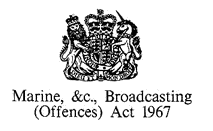 The
14th of August marks the 40th anniversary of the Marine offences
Act; in fact the law came into force at midnight
so was enforceable
from the 15th. This law closed all but one of the Radio stations
that had been operating on ships and forts off the UK coast.
The
14th of August marks the 40th anniversary of the Marine offences
Act; in fact the law came into force at midnight
so was enforceable
from the 15th. This law closed all but one of the Radio stations
that had been operating on ships and forts off the UK coast.
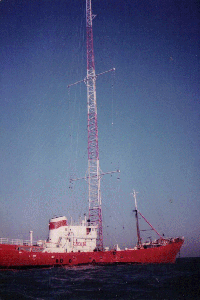
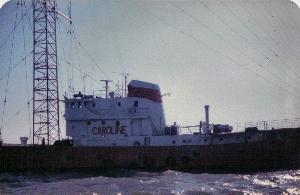
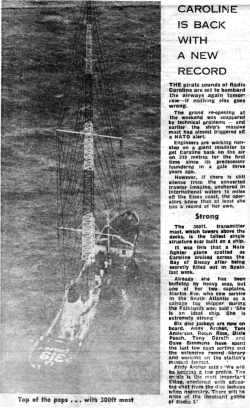
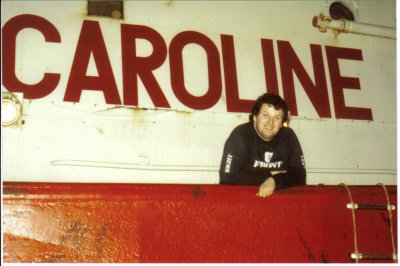
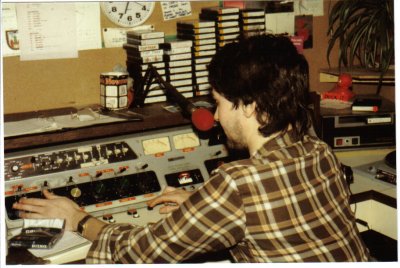
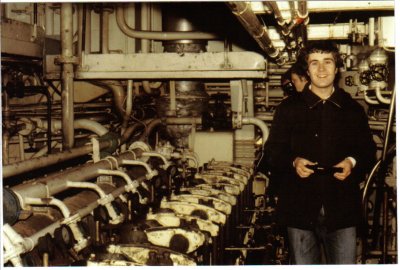
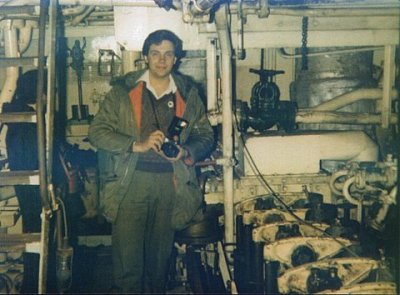
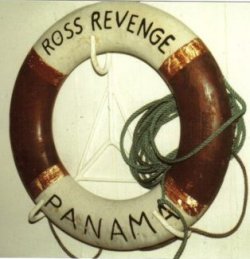
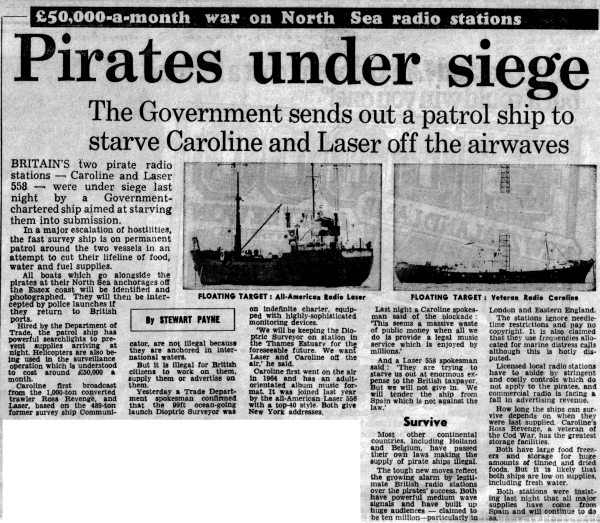
 Other
Pirate Radio Memories
Other
Pirate Radio Memories